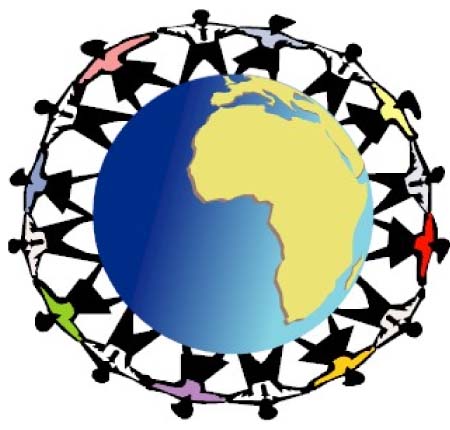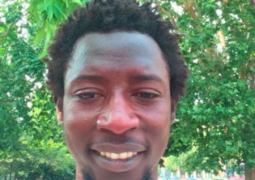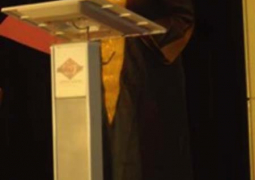
The
Child Protection Alliance (CPA) over the weekend brought together journalists
to popularise the general committee at a briefing held at ActionAid conference
hall on MDI Road.
The
general committee is a body of experts that meets annually at the United
Nations on the rights and welfare of the child, to discuss about the progress
the states have made based on the treaties that they have signed.
It
is also to ask them what progress have been made by their states, what are the
problems they are facing, and the obstacles with regards to realising their
rights.
It
was also about the child-friendly budgeting governments make in terms of
allocating resources to the public sector and providing for children.
Speaking
at the press briefing, Kaddijatou Jallow, CPA programme officer, said in order
to realise the rights of children one needs to allocate a special budget for
them.
She
added that children need to be provided with social amenities like hospitals,
schools and other protection services.
“Children
should be included in budgets not because they are entitled to this, but it is
their right,” she emphasised.
According
to her, for children to realise their rights, they should be provided with an
enabling environment and, in doing so, they have to be educated.
She
added that special needs should be included in allocating budgets for children,
saying children should not be discriminated based on their religion,
nationality or gender.
From
the report by the general committee, Mrs Jallow explained that the committee
recognises significant progress made by states in reviewing and bringing
domestic legislation, policies and programmes into consideration.
In
conformity with the provision of the convention and its protocols, the
convention underlines that such legislation, policies and programmes could not
be implemented without sufficient financial resources being mobilised,
allocated to its citizenry.
The
objective of the general committee as said by the experts is to improve the
understanding of the obligations under the convention in relation to budgeting
for children’s rights, so as to strengthen and realise those rights to promote
real change in a way budgets are planned, enacted, executed and followed up in
order to advance implementation of the convention and it’s optional protocols.
The
objective also has to do with implications or measures taken throughout the
budget process by government branches, the executive, legislature and judiciary
levels, national and subnational structures, such as a ministry, departments or
agencies.
The
legislation extends to donors and recipients, even though the committee
recognises that children should be included in the budgets.
It
is also mandatory upon the state to mobilise resources and divide it in a way
that children would have their own portion of the budget in order to realise
their rights.
Read Other Articles In Article (Archive)




